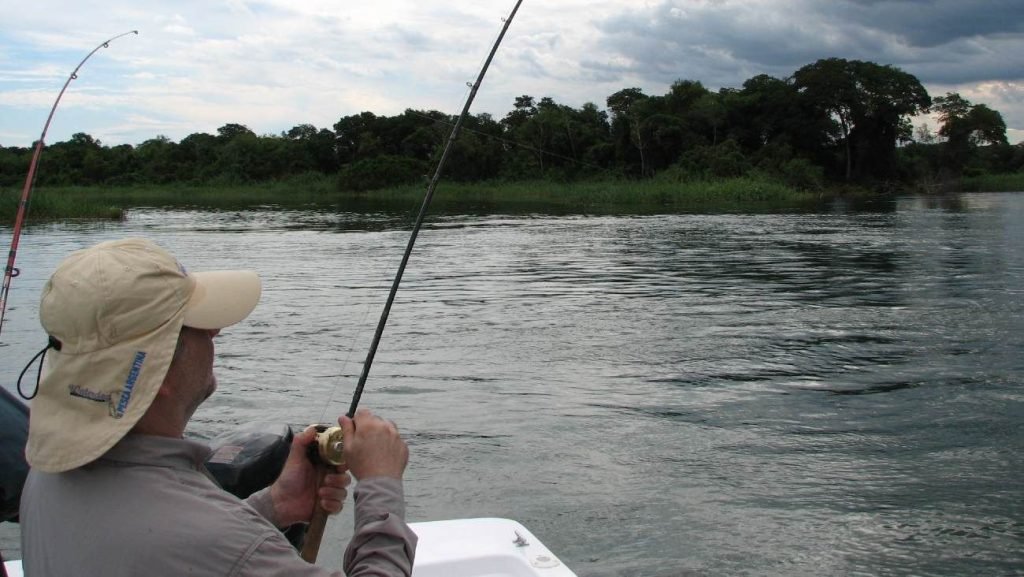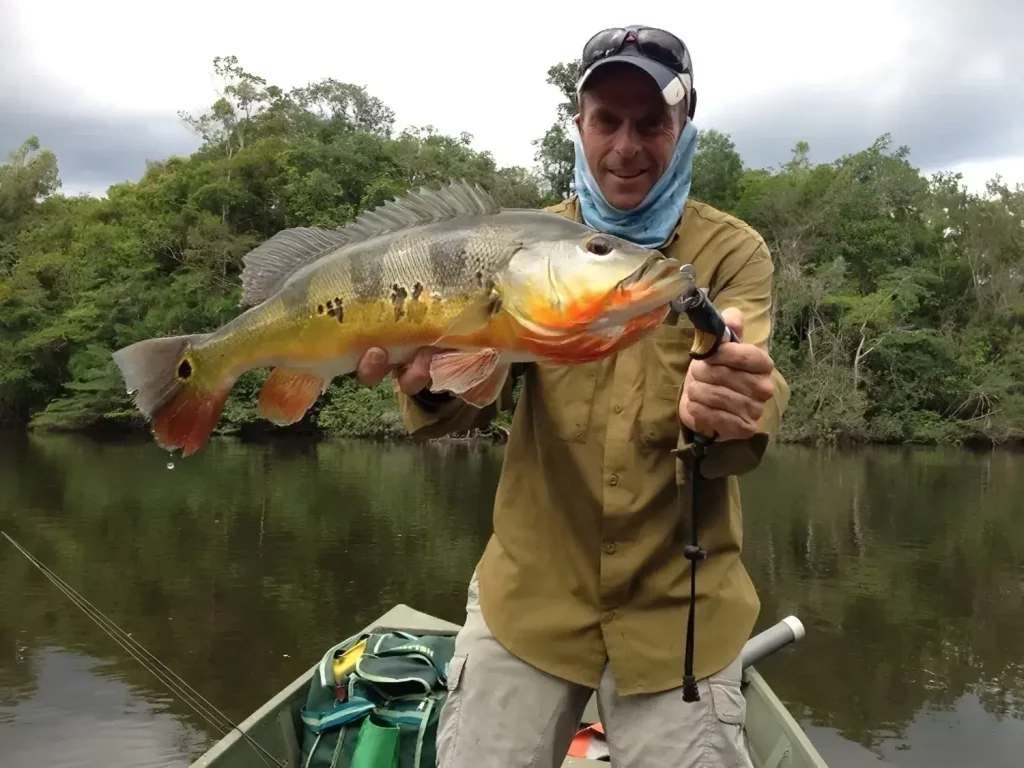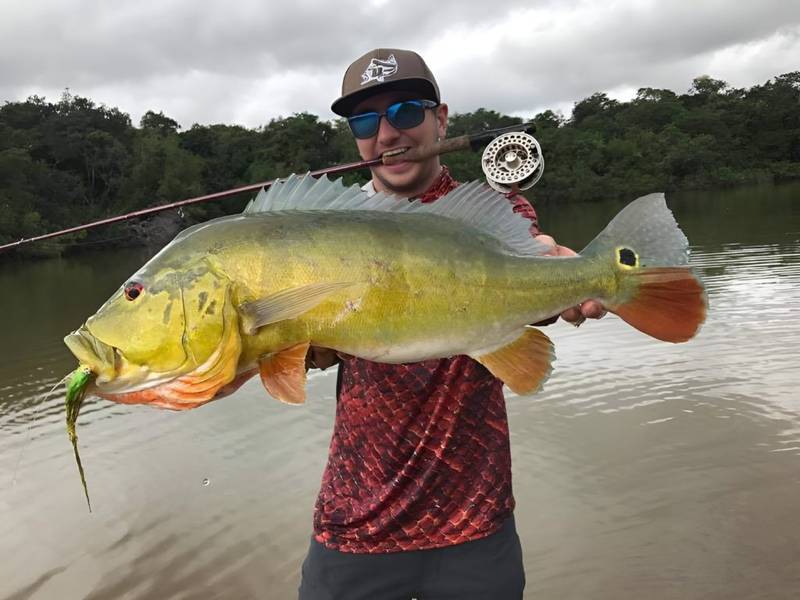Sport fishing and the controversy over cruelty to animals
Sport fishing is a recreational activity practiced by passionate anglers seeking challenges and a connection with nature, however, this practice is not without controversy, especially regarding cruelty to animals.
The cruelty associated with sport fishing lies in the fact that many fish are subjected to extreme stress during the capture process. The struggle to free themselves from the hook and the lack of oxygen out of the water can cause the fish to suffer, resulting in physical damage and psychological stress. In addition, removing the fish from the water can damage its gills, scales and mouth, jeopardizing its ability to survive after release.
Ethics in Debate: The Conflict between Pleasure and Suffering in Sport Fishing

The practice of “catch and release” is common among sport fishermen, with the goal of conserving species and sustaining aquatic ecosystems. However, there are discussions about the effectiveness of this practice in minimizing the negative impact on fish health. Many studies show that even when released, some fish caught may suffer long-term consequences and may not even survive.
The ethics surrounding sport fishing are debated, as anglers enjoy the pleasure and thrill of the catch, while the fish may face a time of suffering and distress. This moral dilemma is a growing concern, especially in a context of increased awareness of animal welfare.
Strategies for Minimizing the Cruelty of Sport Fishing

- To minimize the cruelty associated with sport fishing, some initiatives have been adopted by fishermen and organizations. These include using barbless hooks, which cause less harm to fish, adopting careful handling techniques during capture, and releasing fish as soon as possible to reduce stress. In addition, it is important that fishermen inform themselves about local regulations, catch limits and minimum fish sizes, while respecting conservation and species protection measures.
- It is also essential that governments and environmental authorities implement and enforce measures to ensure the responsible practice of sport fishing, raising awareness of the importance of conservation and protection of aquatic ecosystems.
In conclusion, sport fishing is an activity that generates controversy in relation to animal cruelty. The search for a balance between the pleasure of the angler and the welfare of the fish is a permanent challenge. It is essential that the fishing community, experts and governments work together to promote ethics in sport fishing. They must also ensure the conservation of natural resources while respecting life and animal welfare.
What measures could governments implement to control the responsible practice of sport fishing?

Government measures to enforce responsible sport fishing
Oversight of sport fishing is essential to ensure responsible and sustainable recreational fishing. Governments play a crucial role in setting regulations and creating control mechanisms. They are also key to raising awareness of the importance of conserving fish stocks and protecting aquatic ecosystems. Below are some measures that governments can implement to oversee responsible sport fishing:
Regulation and licensing:
- Governments should establish clear regulations for sport fishing. This would include defining catch limits, minimum fish sizes, fishing seasons and restricted areas. In addition, valid fishing licenses should be required for practitioners. This allows the number of fishermen to be controlled and funds to be raised for the conservation of aquatic ecosystems.
Creation of protected areas:
- The creation of environmental conservation zones specifically for sport fishing is an effective measure. It helps protect critical habitats and vulnerable species. These areas can be designated as exclusive “catch and release” zones or with stricter regulations, ensuring the sustainability of the fishery.
Promote sustainable tourism:
- Sport fishing can be an important economic activity for many regions. Governments can promote sustainable tourism by supporting responsible sport fishing. This activity generates employment and income for local communities, without compromising the health of aquatic ecosystems.
Training and education:
- Investment in the training of environmental inspectors is essential. In addition, training of fisheries control agents ensures proper enforcement of regulations and promotes effective compliance. These professionals must be prepared to deal with issues related to sport fishing and the welfare of the animals involved.
Monitoring and research:
- Governments can invest in monitoring programs to assess the health of fish stocks. These programs can also measure the impact of sport fishing on ecosystems. Scientific data inform conservation decisions and tailor regulations to local needs.
Collaboration with local organizations and communities:
- Collaboration between governments, NGOs, local communities and fishers is essential to create effective enforcement strategies. These partnerships can include environmental education programs, awareness campaigns and the promotion of good fishing practices.
Penalties for infractions:
- Establishing adequate penalties for infractions in illegal or irresponsible sport fishing works as a strong incentive. This motivates compliance by fishermen. Fines and punishments should be proportionate to the impact caused and applied fairly and consistently.
Summary: Responsible sport fishing requires the collaboration of governments, local communities, fishermen and conservation organizations to ensure sustainable practices. By establishing clear regulations and promoting environmental education, governments can ensure that this activity is carried out in an ethical and sustainable manner. In addition, investing in effective monitoring and control will contribute to the preservation of fish stocks and the conservation of aquatic ecosystems for future generations.





